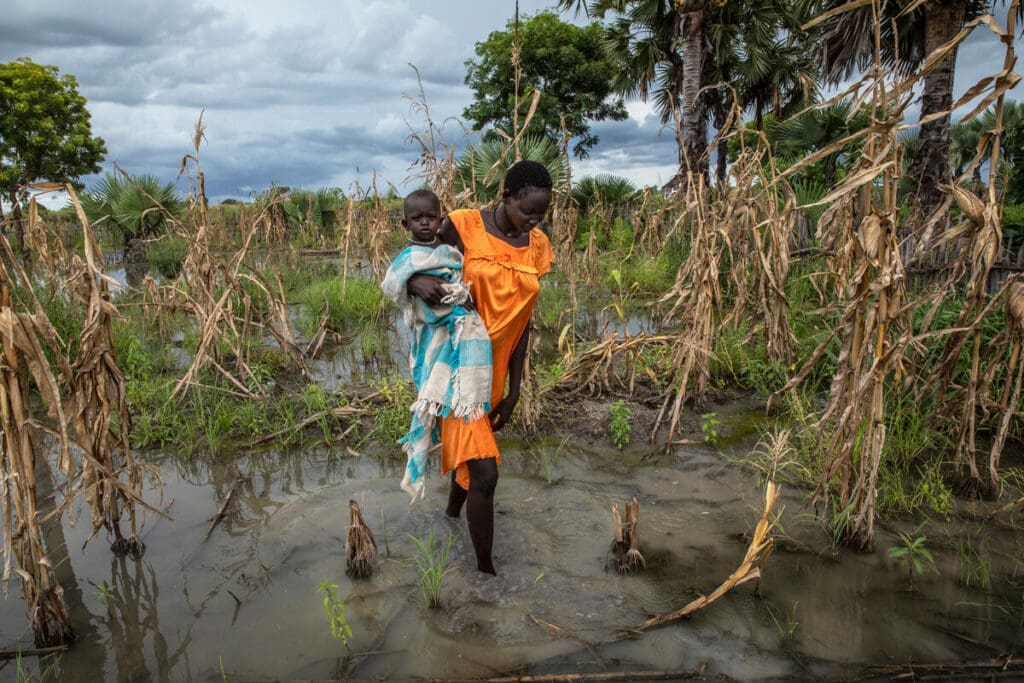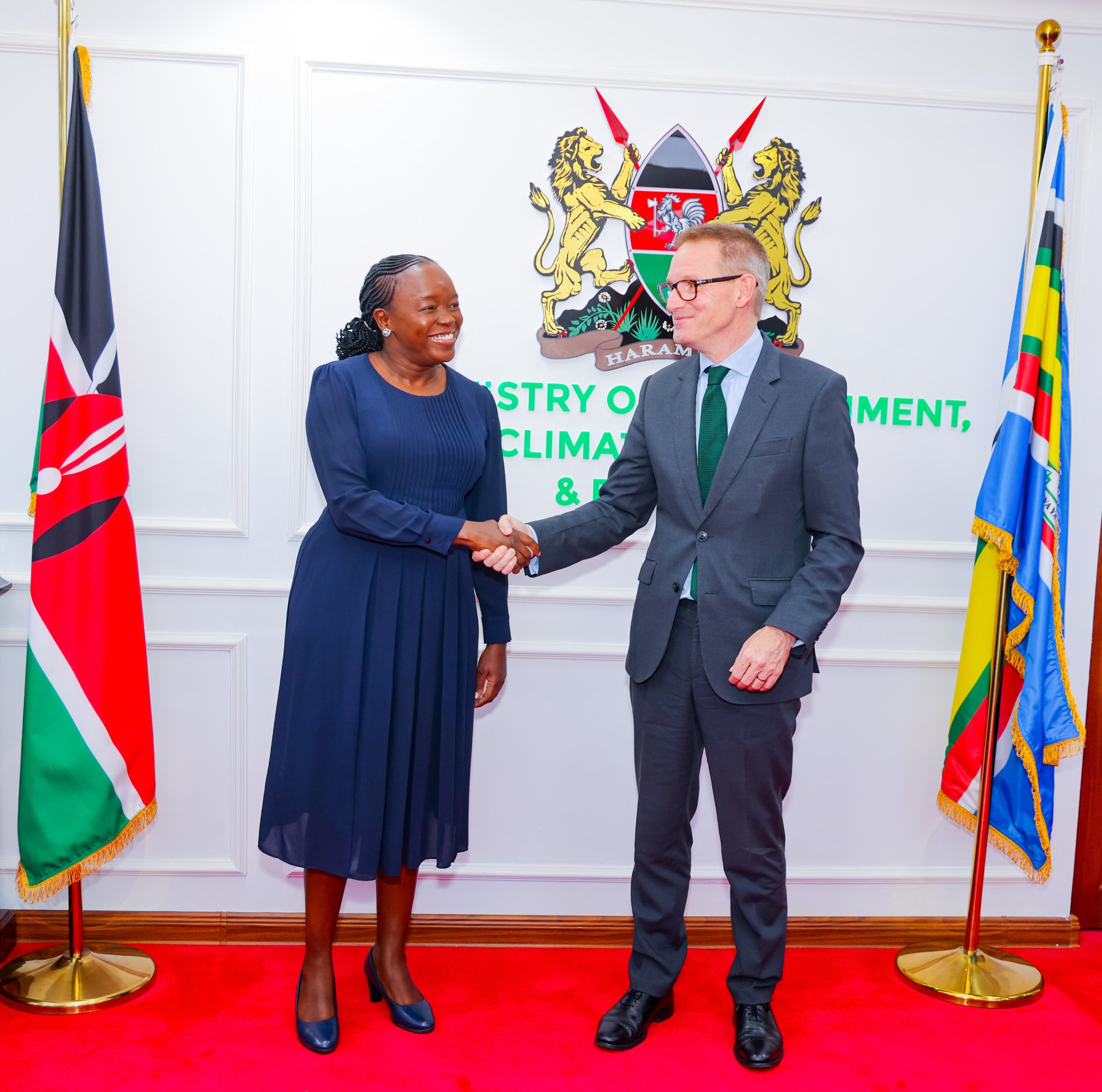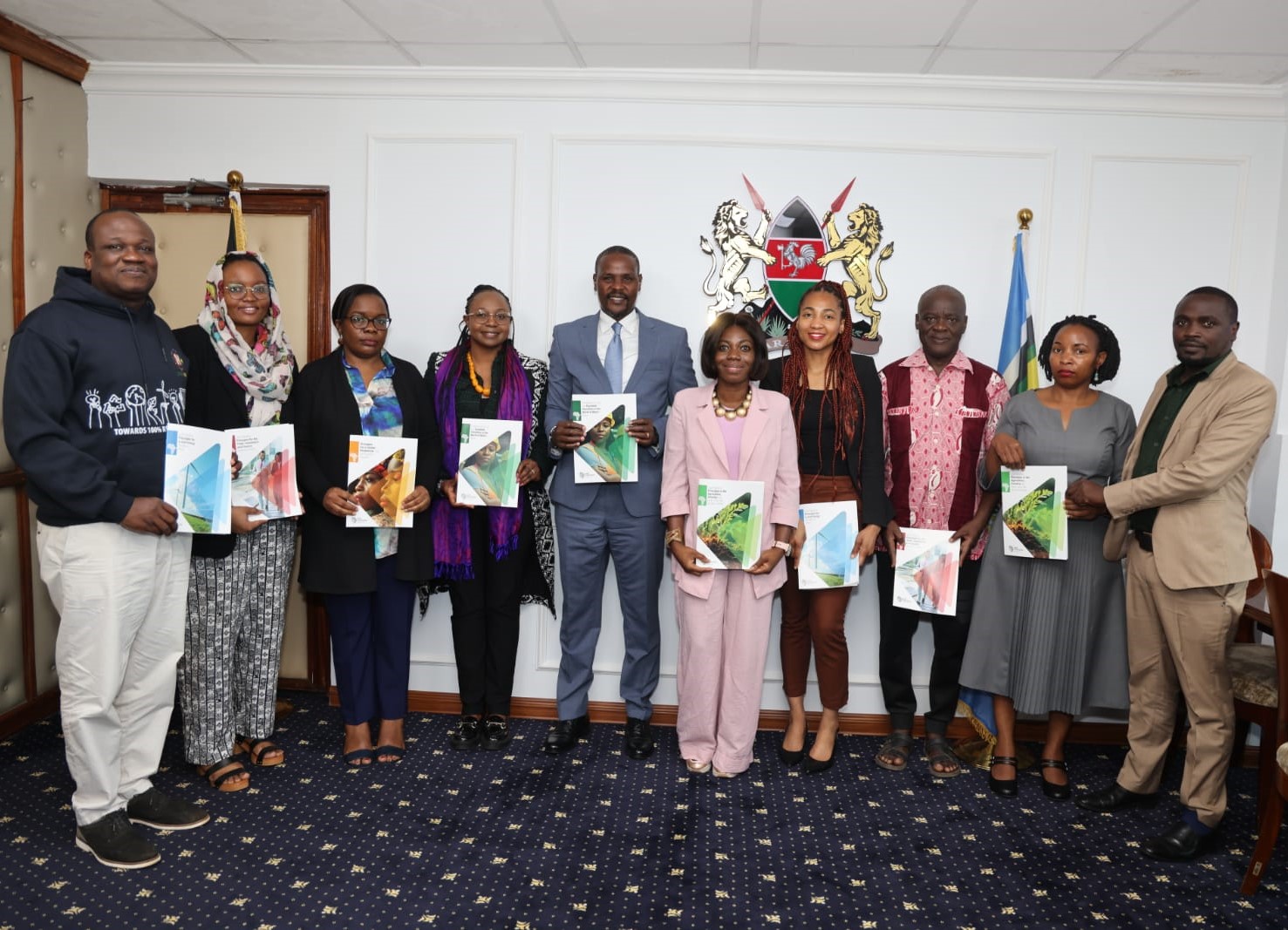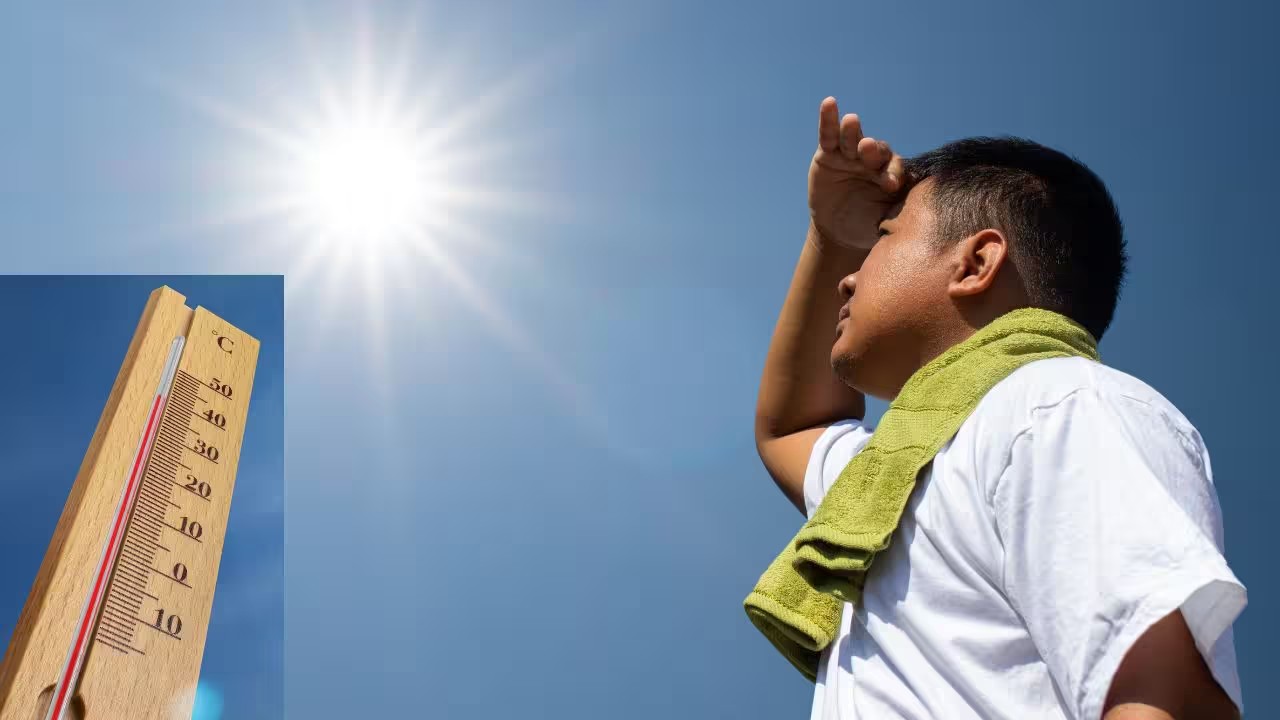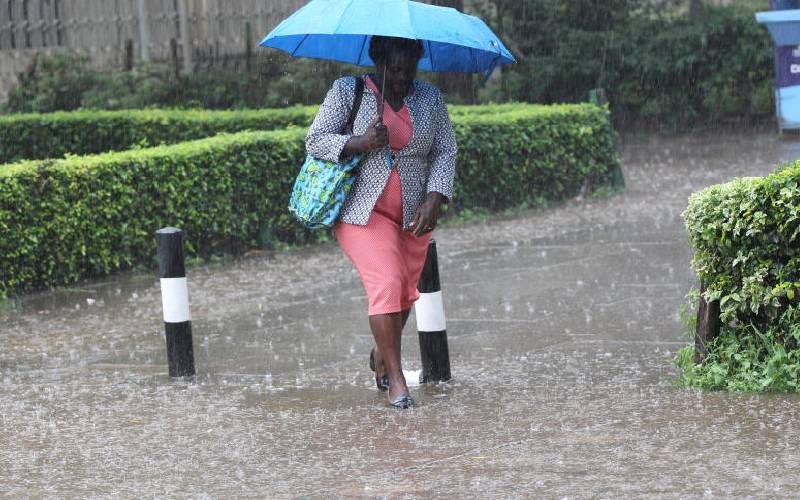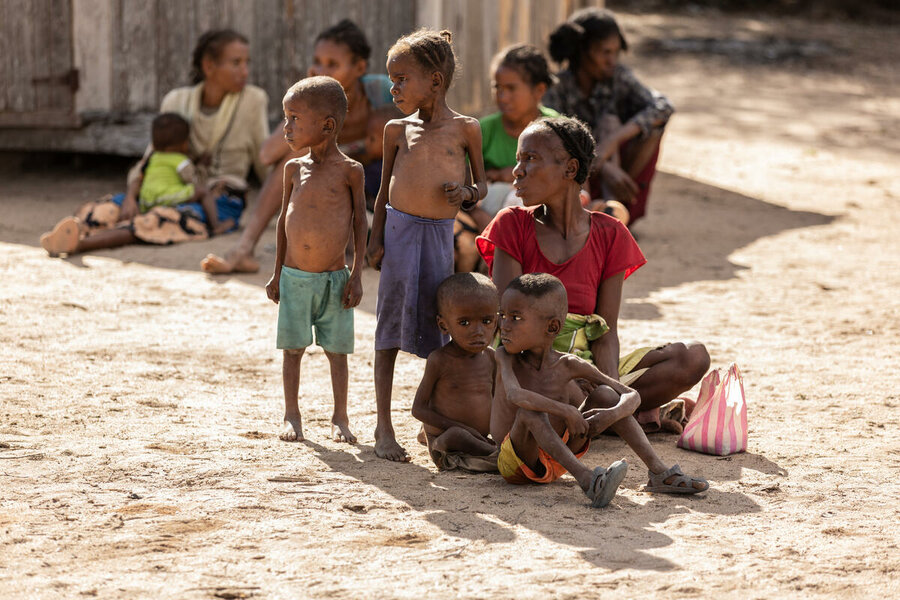- Climate change can be disastrous leading to an increase in migration and displacement. This adds a strain on resources and social services. This strain is potentially likely to affect the marginalized and vulnerable groups in the society.
In the recent past, the debate on the impact of climate change has undergone a paradigm shift from poverty to inequality.
Research has shown that the socially and economically disadvantaged, as well as the marginalized people, are vulnerable to the effects of climate change as compared to other groups.
Moreover, the impacts of climate change tend to be regressive, therefore falling more heavily on the less fortunate than on the rich.
The poor people in the society often relies on climate sensitive sectors like agriculture. Unfortunately, these groups are not equipped to adapt to changing conditions like extreme weather events and scarcity of resources which disrupt livelihoods leading to low production, migrations hence widening the gap between the haves and have nots.
Poverty and climate change are closely intertwined. The less fortunate or the poor communities are the most affected population with matters of climate change like droughts, extreme heat and floods among others.
Read More
Economically, climate change brings about disruptions on agricultural productivity, displacements and damaging of infrastructure; all these have an extreme economic consequence for poor families.
Therefore, it is evident that climate change exacerbates social inequalities in the society. For instance, the poor are likely to live in swampy areas or areas prone to flooding where incidences of diseases like malaria are high. At the same time, these population lack access to resources like clean water and sanitation which worsens their vulnerability.
Climate change can be disastrous leading to an increase in migration and displacement. This adds a strain on resources and social services. This strain is potentially likely to affect the marginalized and vulnerable groups in the society.
The potential impact of climate change on human health is also severe. The spread of diseases, whether waterborne or airborne, heat stress, malnutrition, and other health hazards pose a significant threat, particularly to the poor and marginalized groups in society.
According to a report by United Nation of October 2017, a larger portion of people in developing regions live in low elevation coastal zone as well as 100-year flood plains. The report further indicates that the number keeps shooting upwards in both absolute terms and as proportion of the population.
Areas along the coast and around the shores, as well as their ecosystems, are vulnerable to the effects of climate change as compared to other areas. Largely, the populations living in these areas are the poor and the marginalized because they lack alternative means due to poverty.
Therefore, it is evident that the incidence of poverty in rural areas is greater as compared to urban areas.
Overall, the conclusion is clear: climate change exacerbates inequalities. The socially and geographically disadvantaged people, who face discrimination based on age, gender, caste, indigeneity, race, and disability, are the most affected by the hazards of climate change.
The exacerbation of inequality is evident through the disproportionate erosion of physical, human, and social assets. Urgent action is needed to address this issue.

